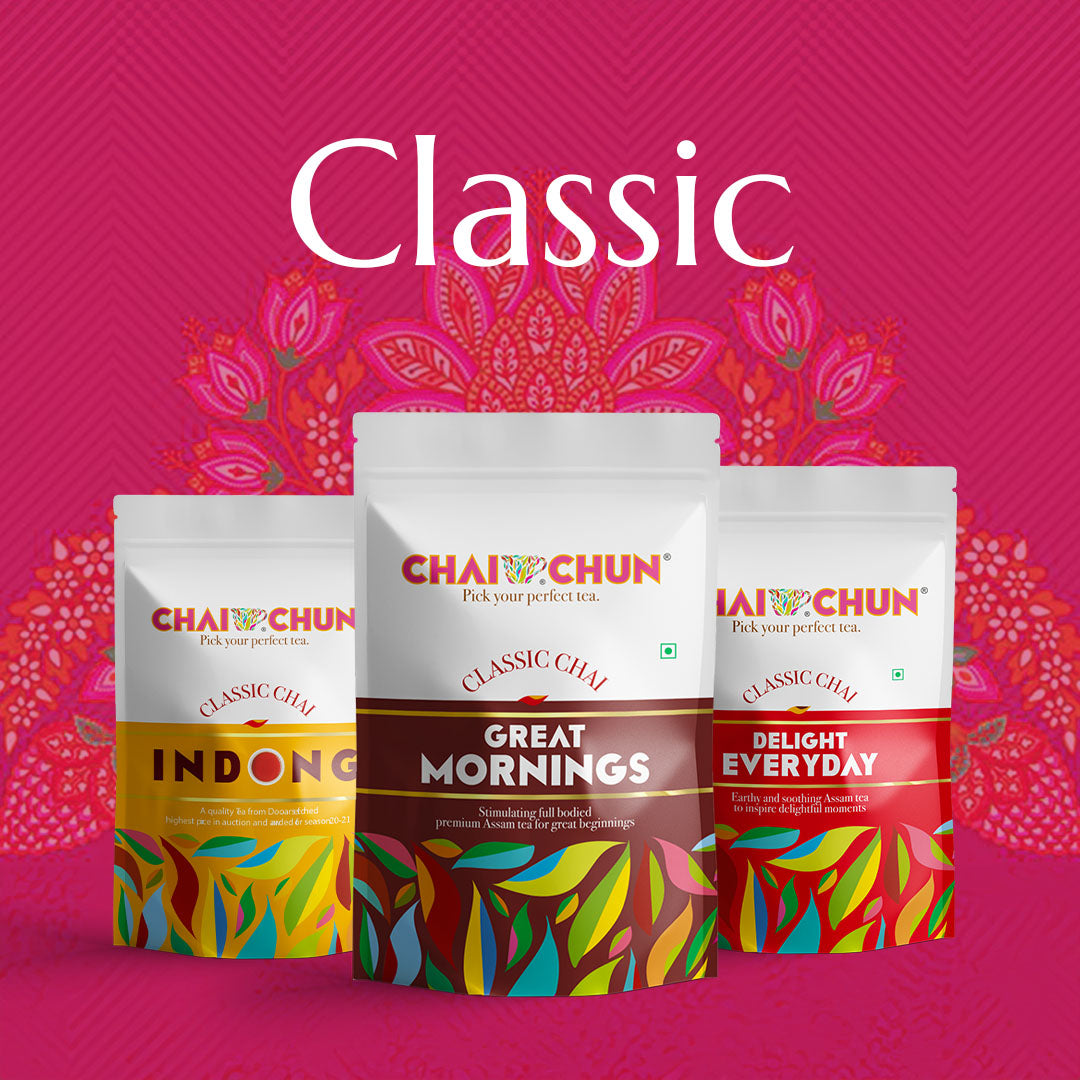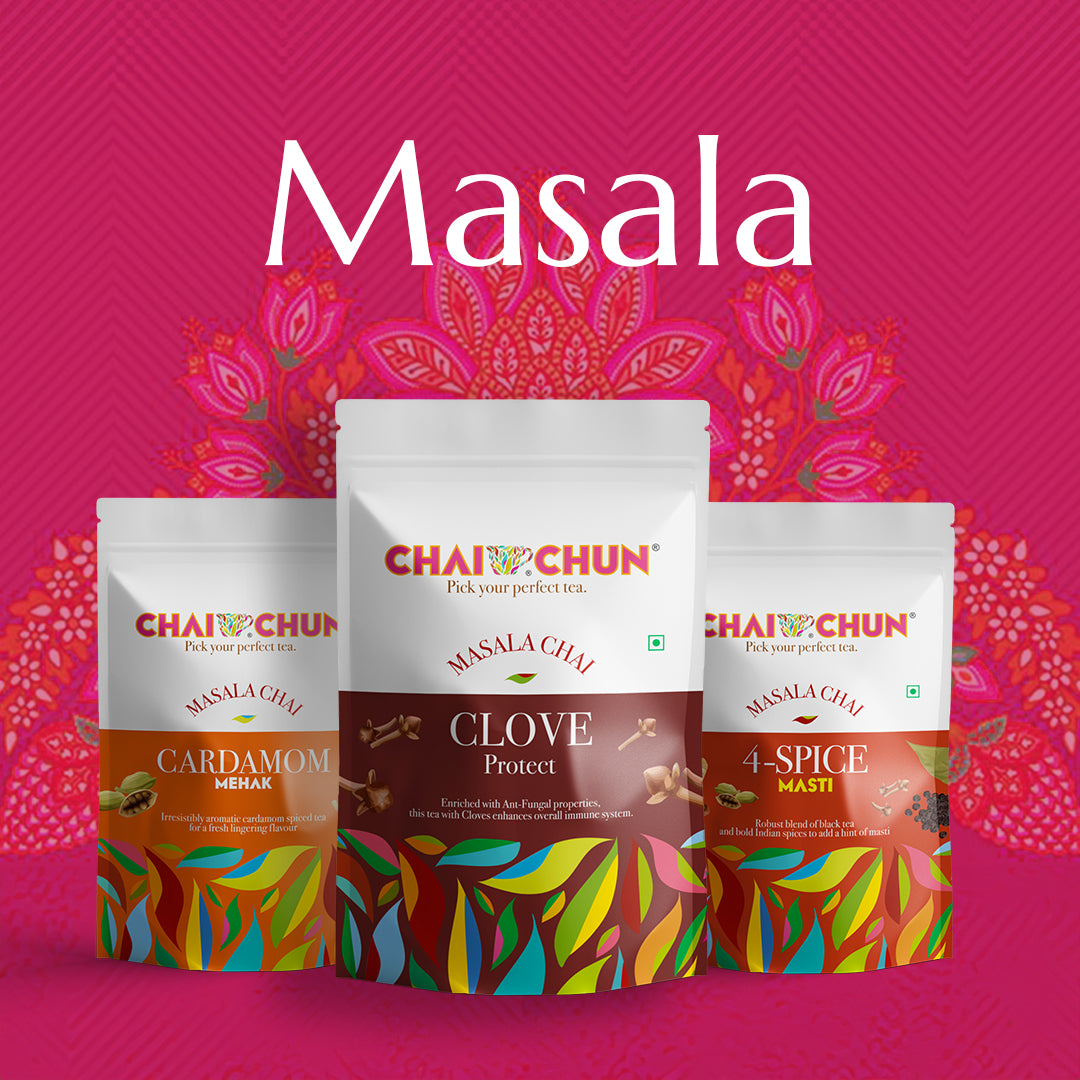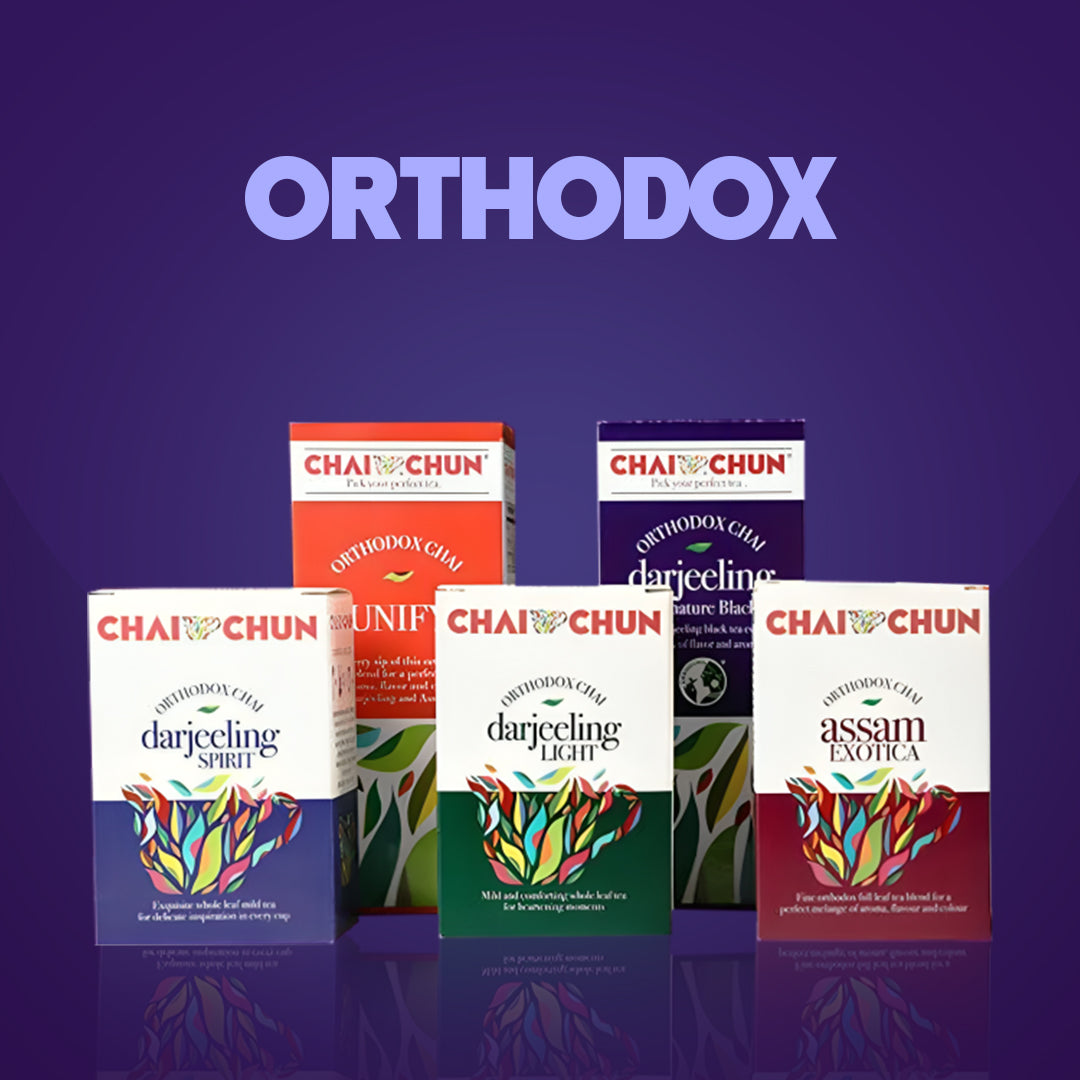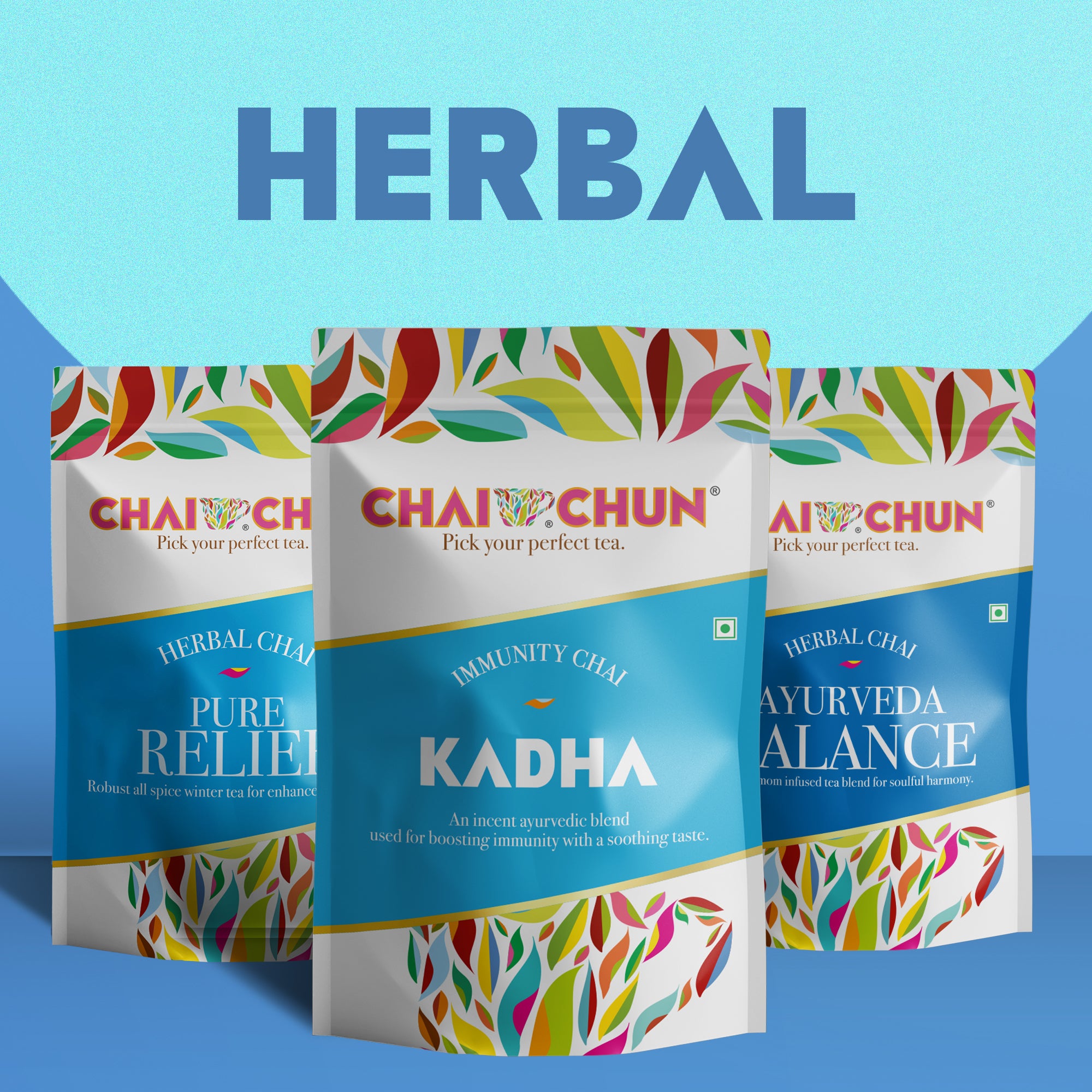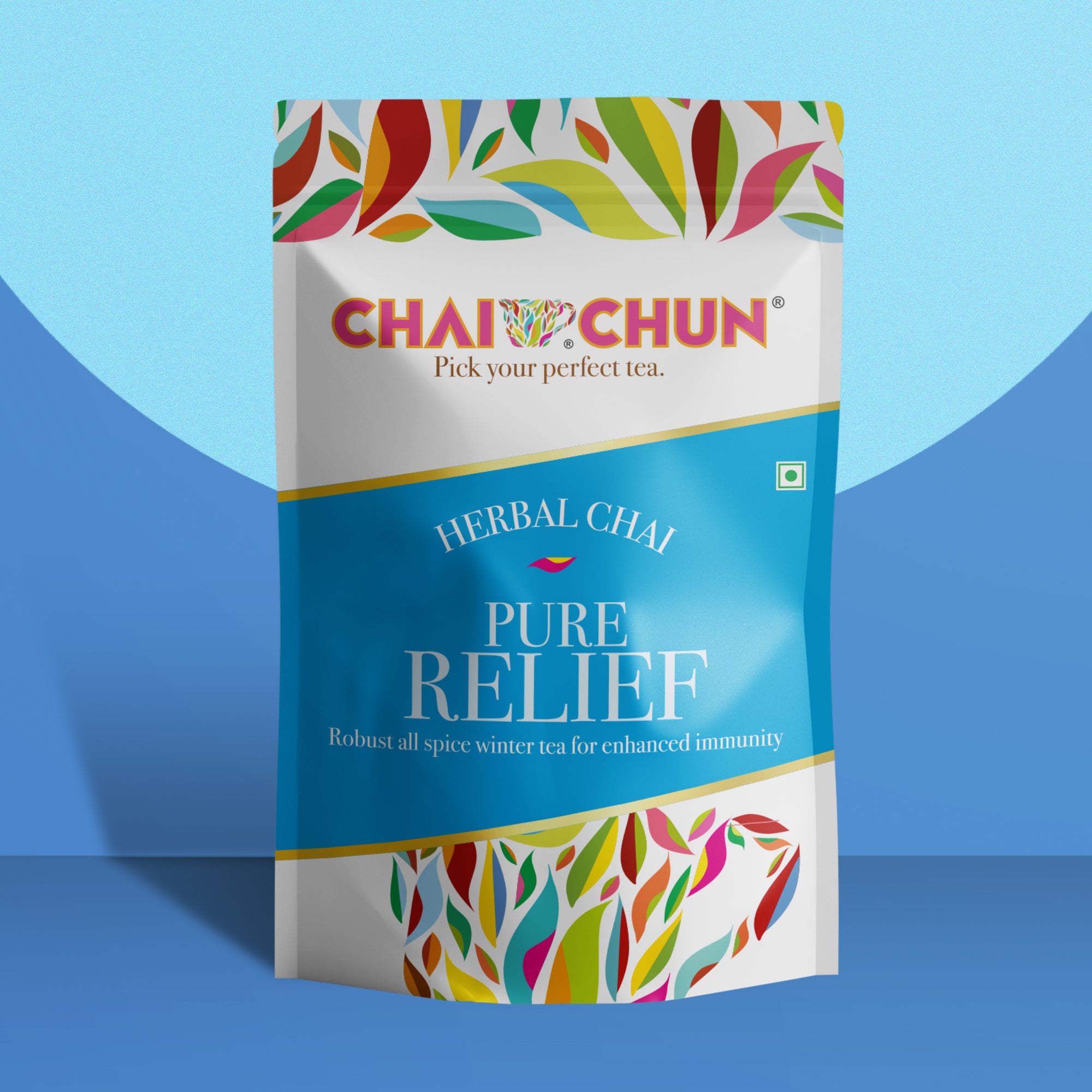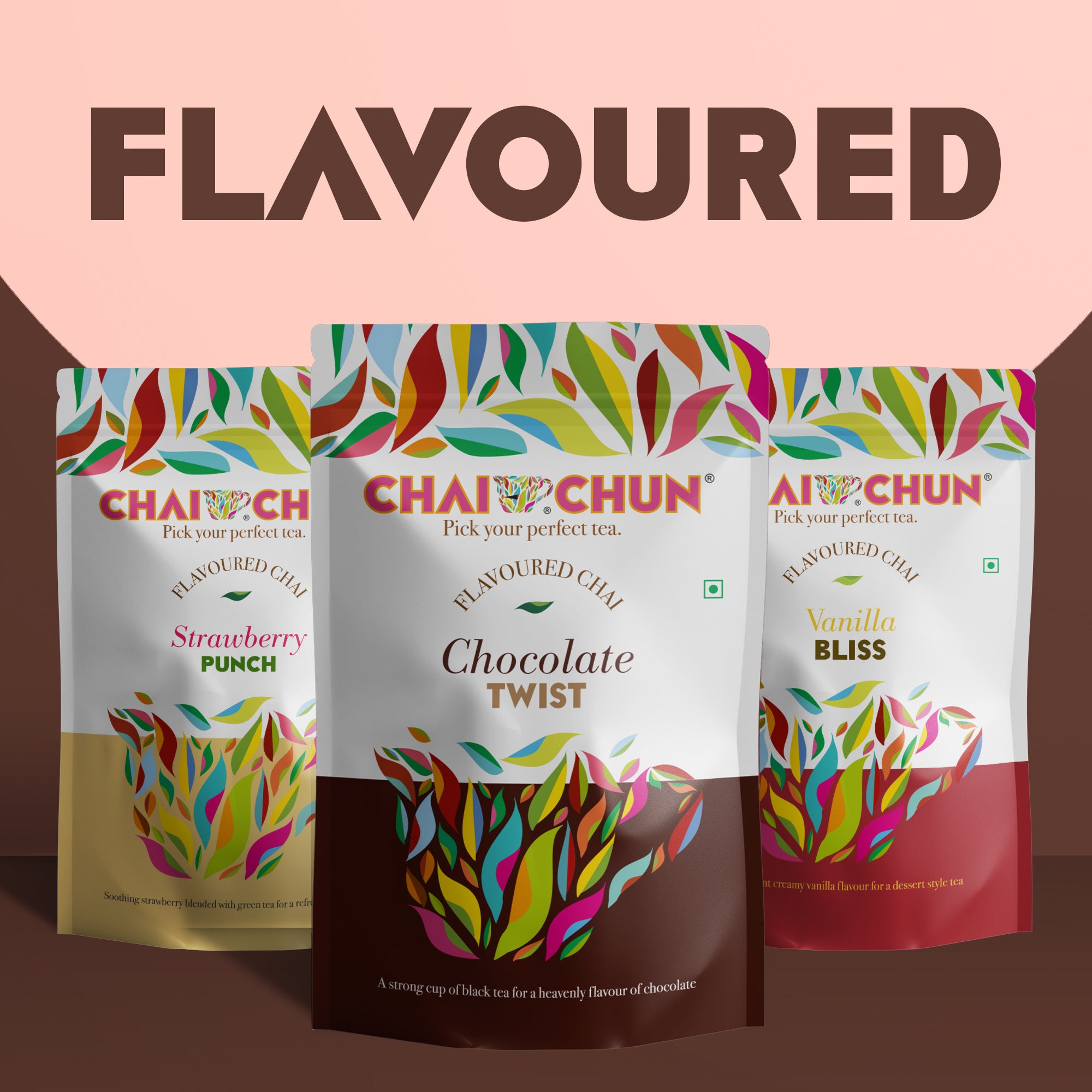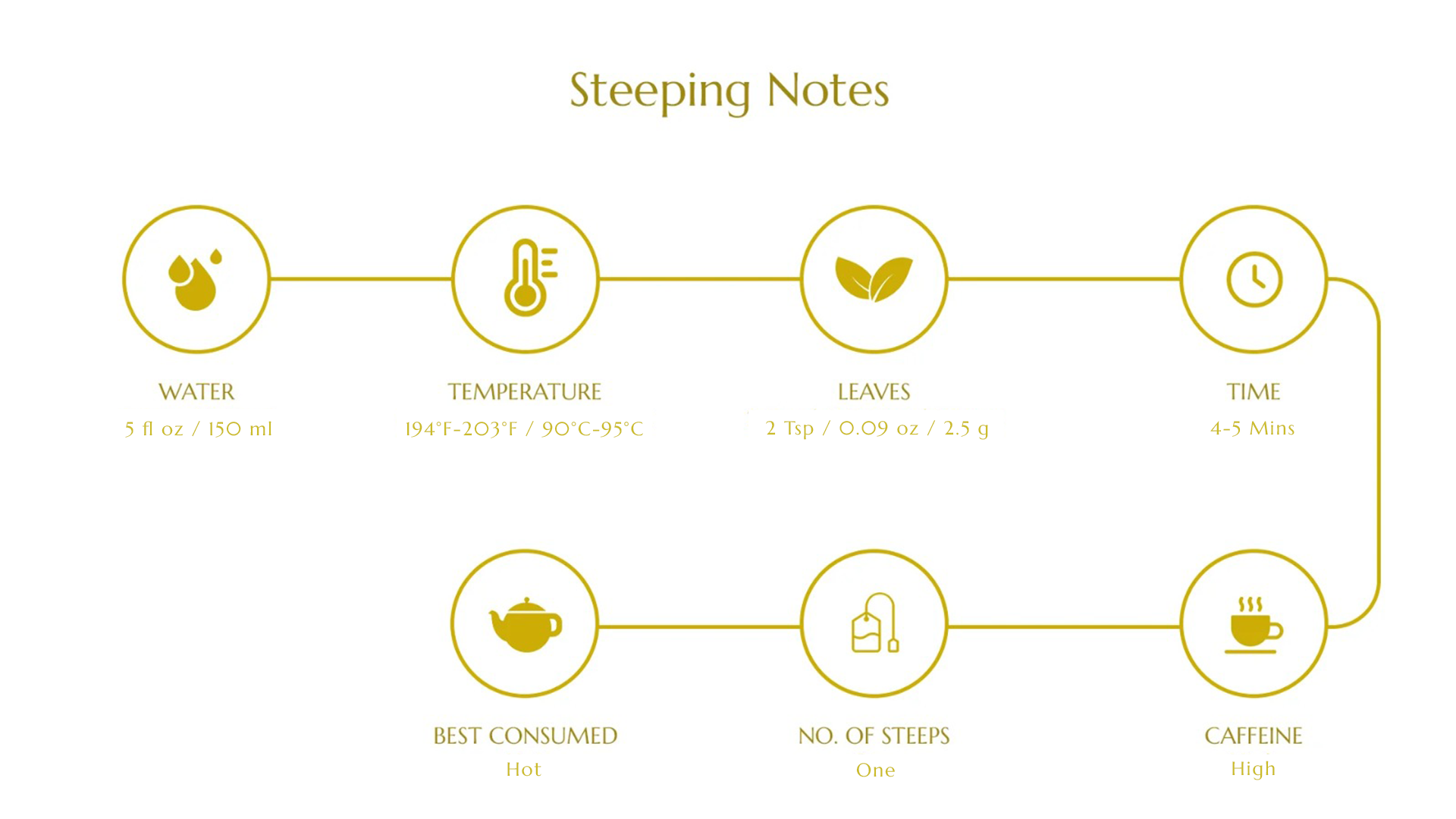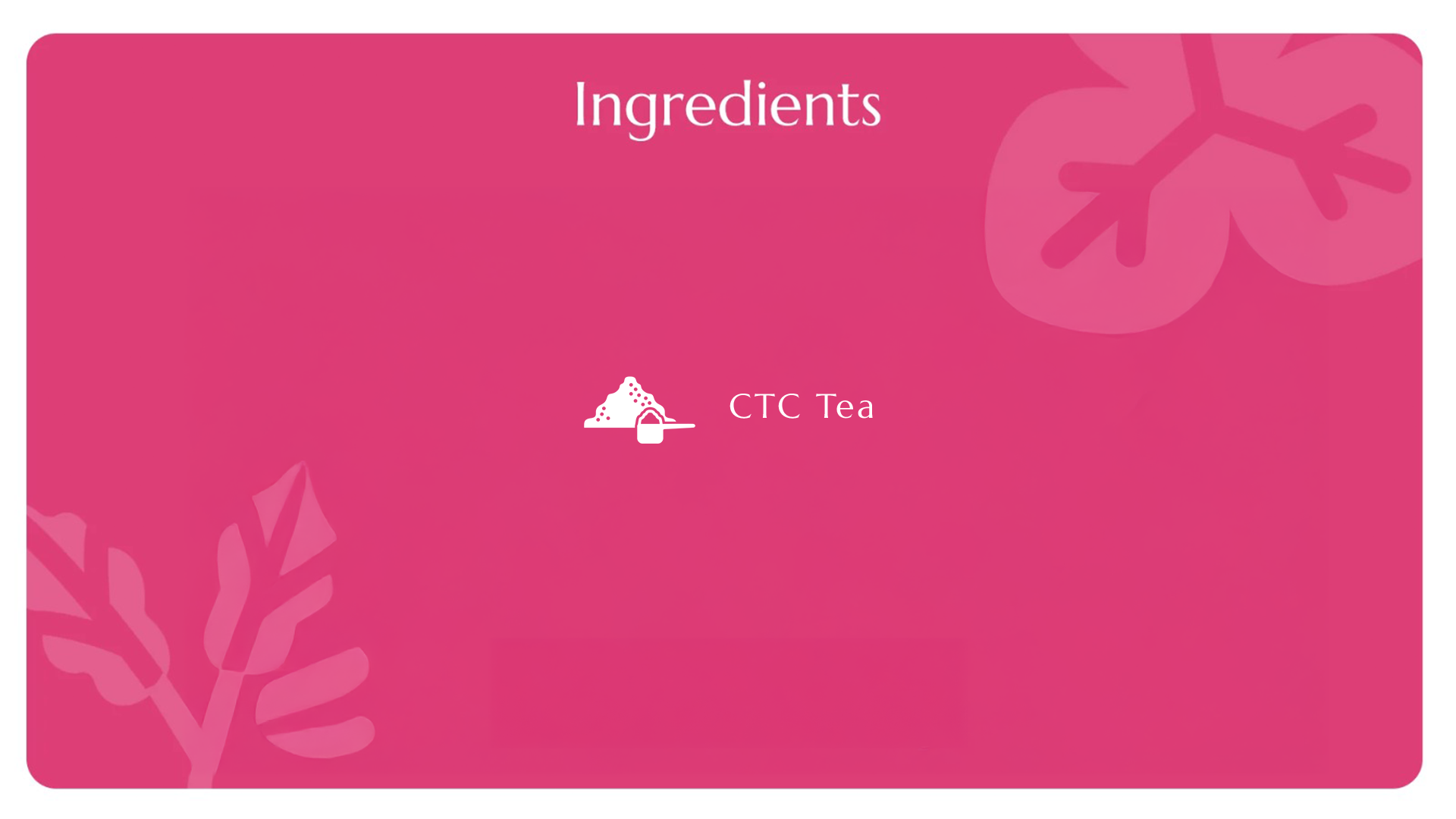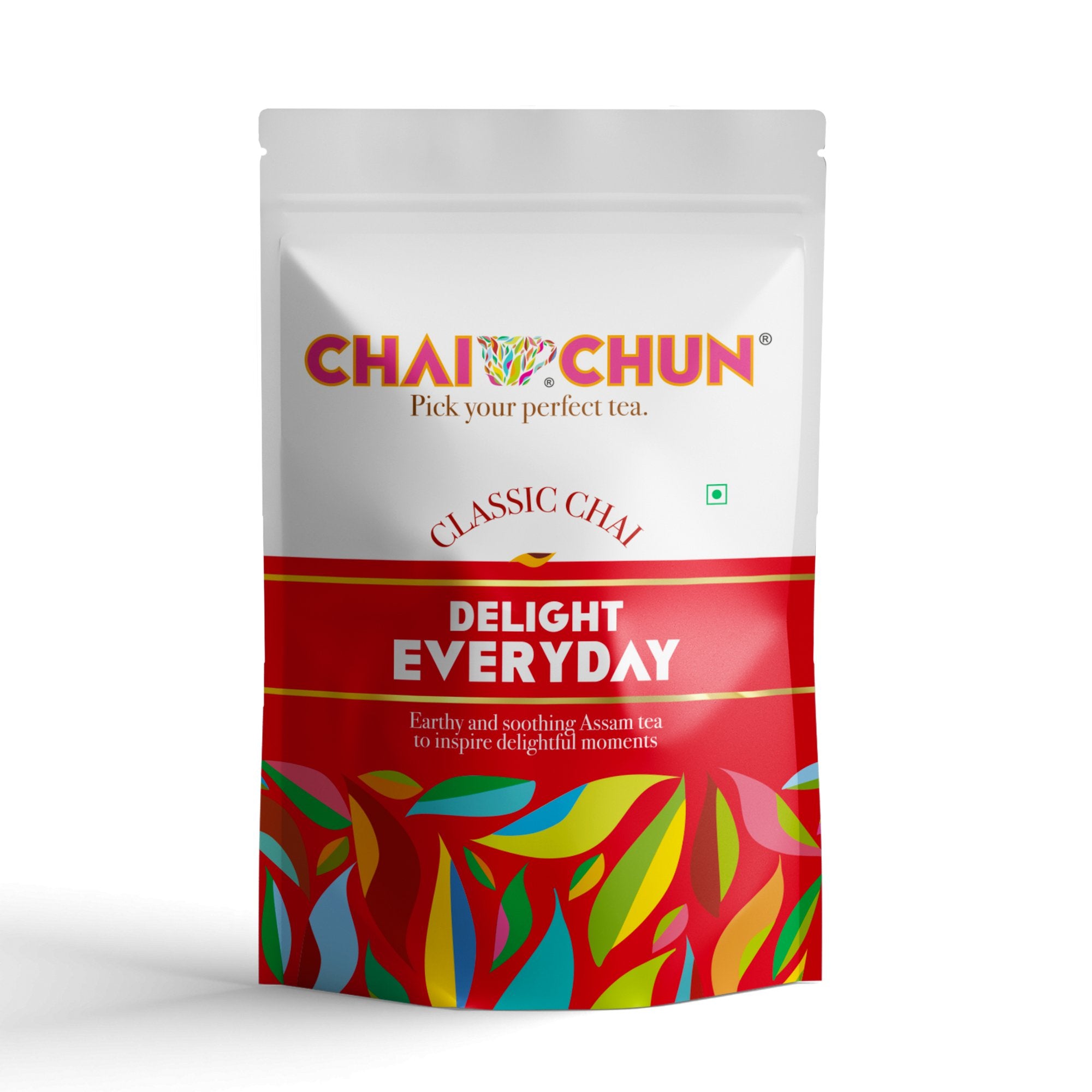
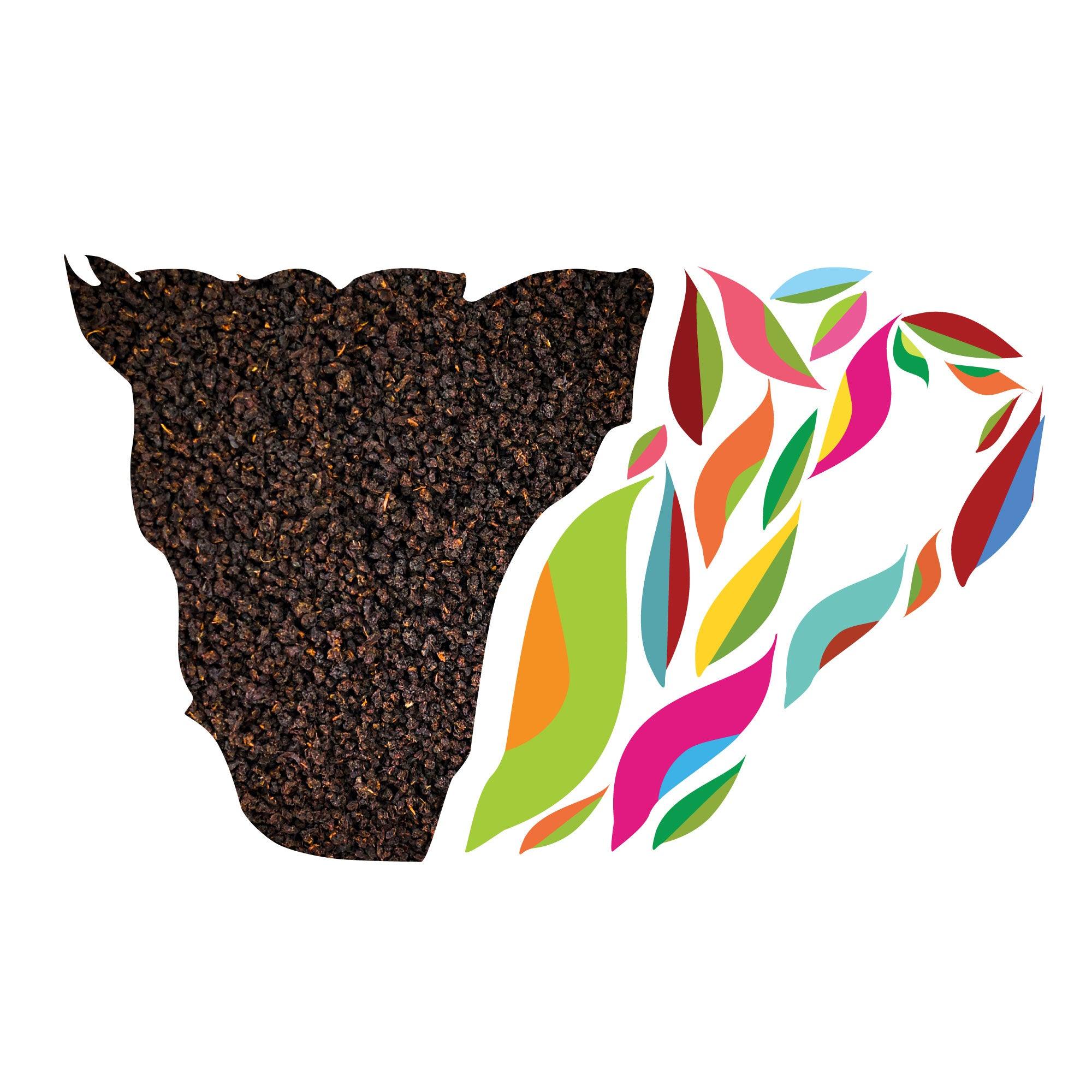
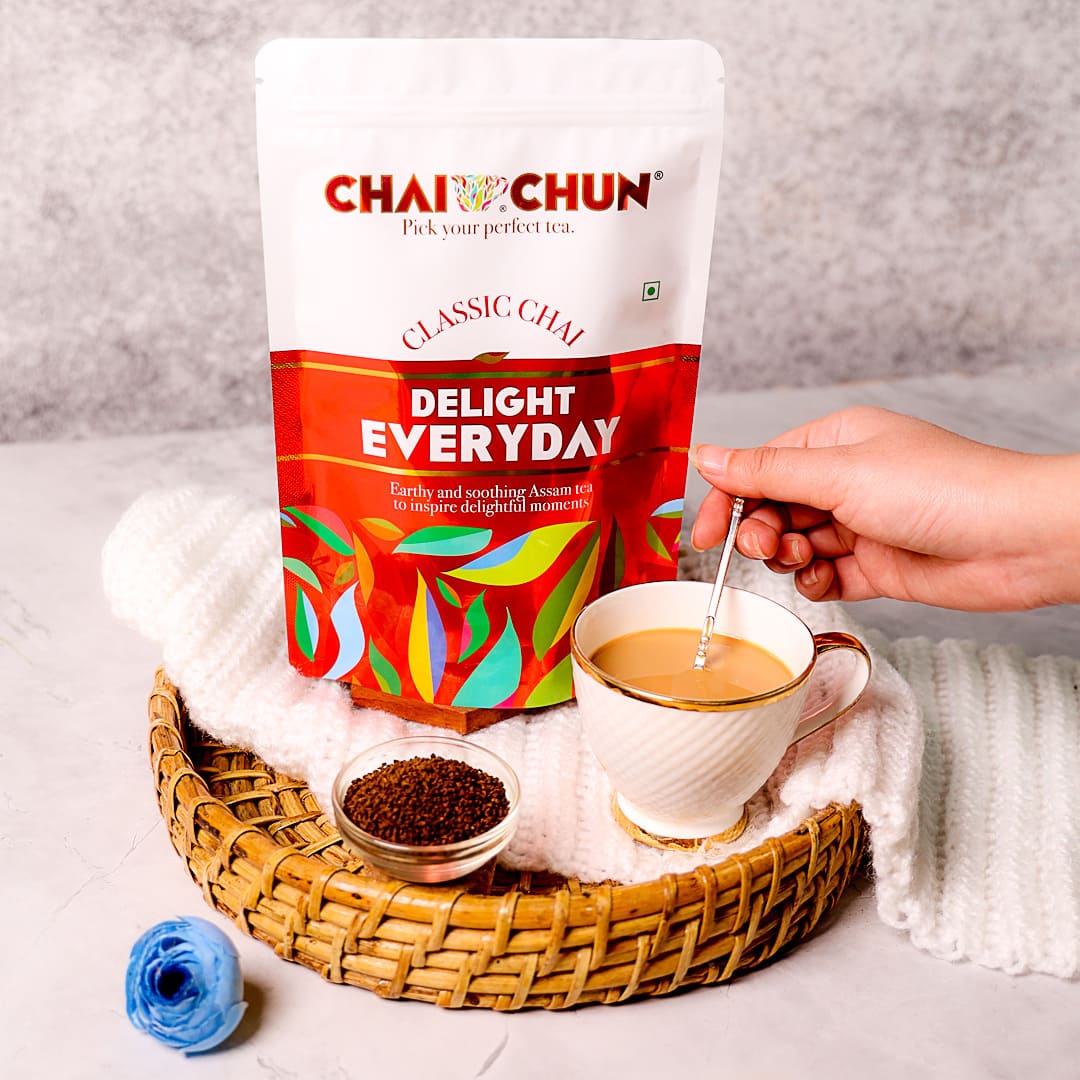
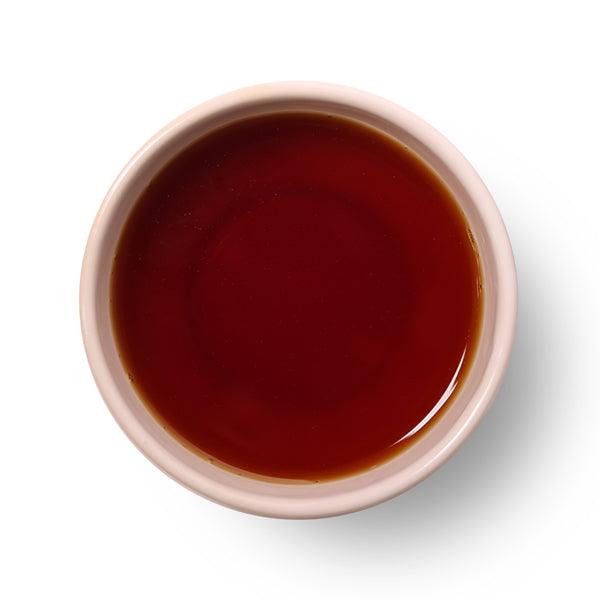
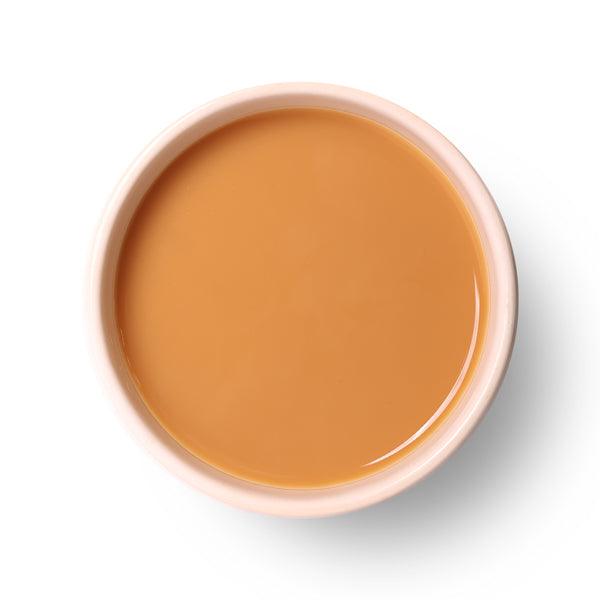
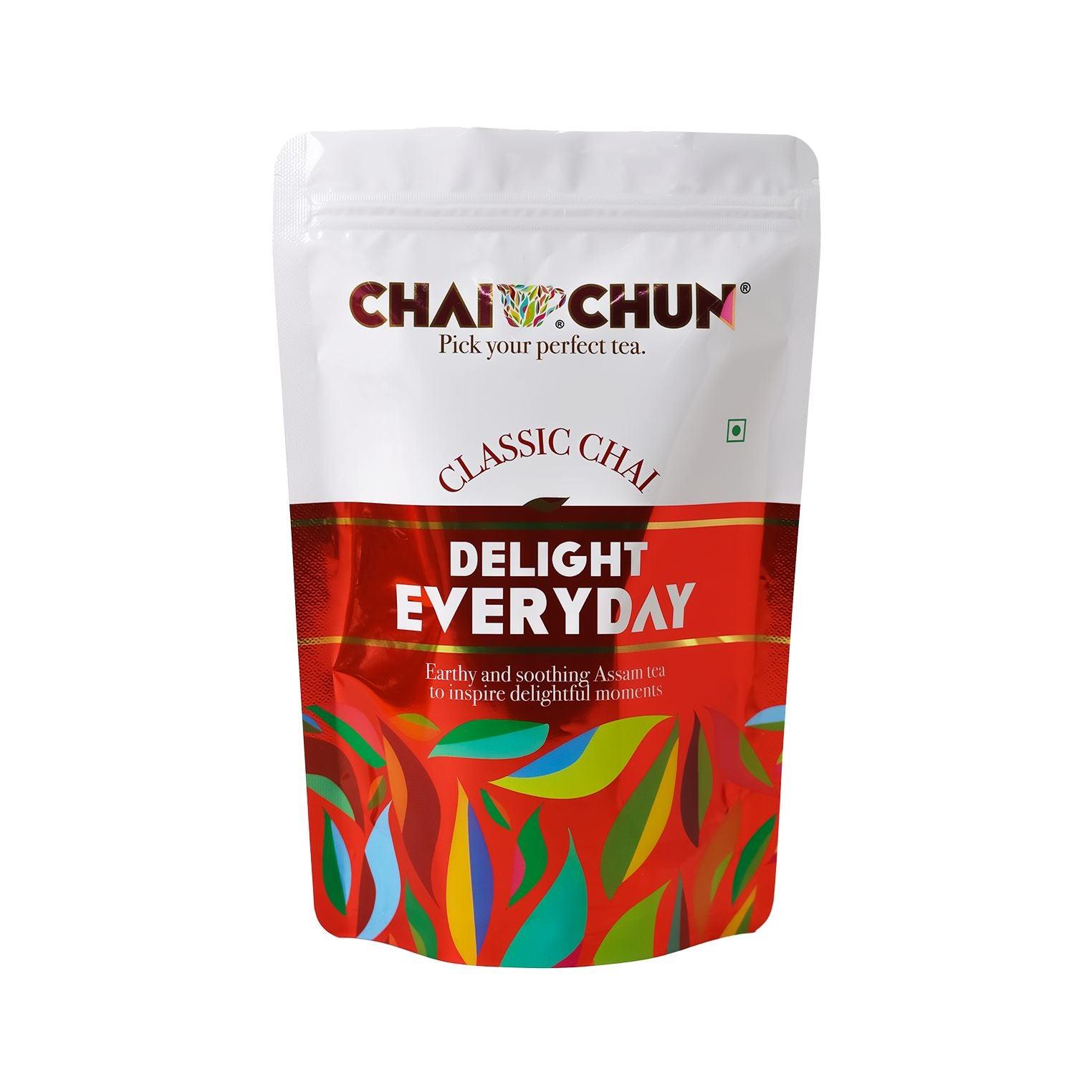
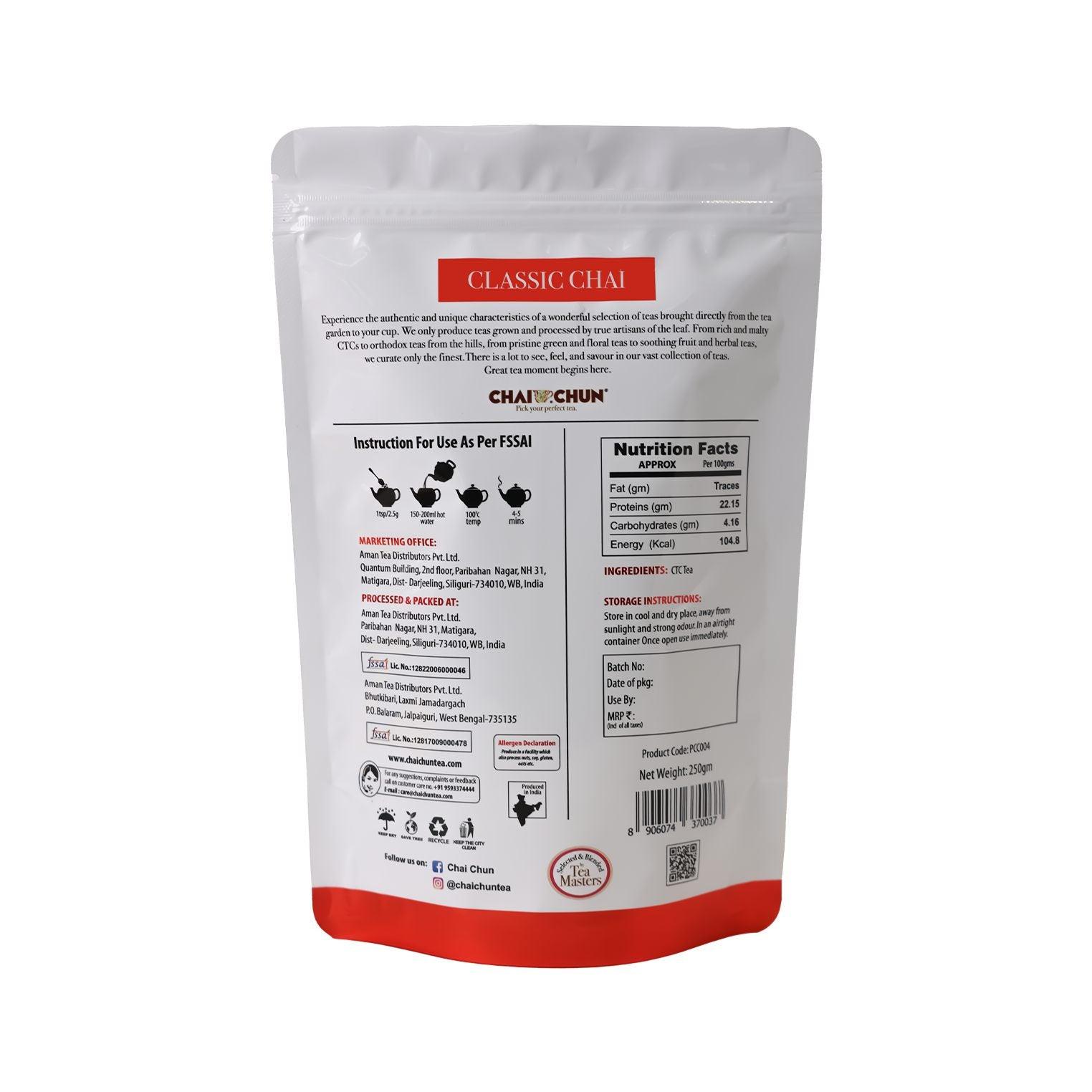
Delight Everyday

Popular Assam CTC tea that brings top-notch quality, taste and aroma in every sip. The smooth flavor and precisely well-rounded tea leaves have become an instant favorite among tea connoisseurs.

From Our Fields to Your Cup
A Journey of Purity and Care, Delivered Fresh to Your Home.

Certified Excellence, Trusted Authenticity
Proudly licensed to deliver the finest Assam and Darjeeling teas, straight from their origins

100% Pure & Fresh Assam Tea
Certified by the Tea Board of India under the Ministry of Commerce, Government of India.

100% Authentic Darjeeling Tea
Certified by the Tea Board of India under the Ministry of Commerce, Government of India.

